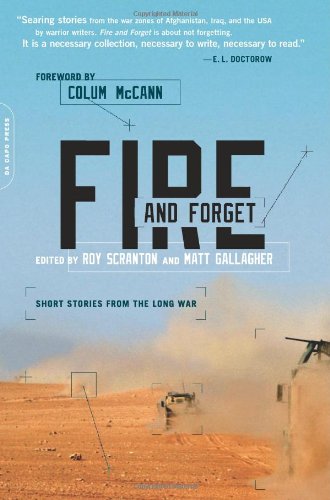Last Friday, terrorists attacked Moscow’s “Crocus City Hall” music venue, killing over a hundred people. My condolences to their families. Within a day, leaked footage showed a suspect getting his ear cut off and being made to eat it. Additional footage showed a suspect in great pain with electrical equipment attached to his genitals.
It was the type of gruesome footage from which we tend to turn away. We form our private opinions and don’t discuss them. I fear the silence allows some observers to regard this as extreme but effective justice. Perhaps people will tell themselves the word that has justified centuries of Russia’s self-inflicted tyranny: “order.” Marquis de Custine wrote 200 years ago, “Officially, such brutal tyranny is called respect for unity and love of order.”
To say nothing about the dangers of presumptions of guilt and unconstrained authority, this episode points to important differences between Russia and the West, which most of us do not understand and, I fear, cannot understand. But I will try to explain them anyway.
Russia is a society held together by fear and threat. Creating fear is almost always the first thing they do. When Russia annexed Crimea in 2014, one of their first actions was to kidnap Simferopol resident Reshat Ametov, a Tartar activist, and leave his body to be discovered later with signs of torture. Weeks later, when they invaded Donbas, one of the more outspoken pro-Ukrainian city council members, Volodymyr Rybak from Horlivka in Luhansk Region, was similarly kidnapped. He was drowned, and then his body was mutilated and left to be discovered. These stories never gained much traction. Russian disinformation was so good that everybody was discussing if Russia was invading and never got to describing how they were invading.
The terror worked for Russia. It drove opposition underground and helped the Kremlin’s propagandists and useful idiots in the West proclaim that the regions were pro-Russian. We in the West do not think that lies could be so vulgar and horrific, but they are. For Russia, this is normal. The world is held together not by laws, customs, and social norms but by barbarism. If you want to be beautiful, just murder everyone who might say otherwise, and you will be beautiful.
Read more at American Thinker
Read more





